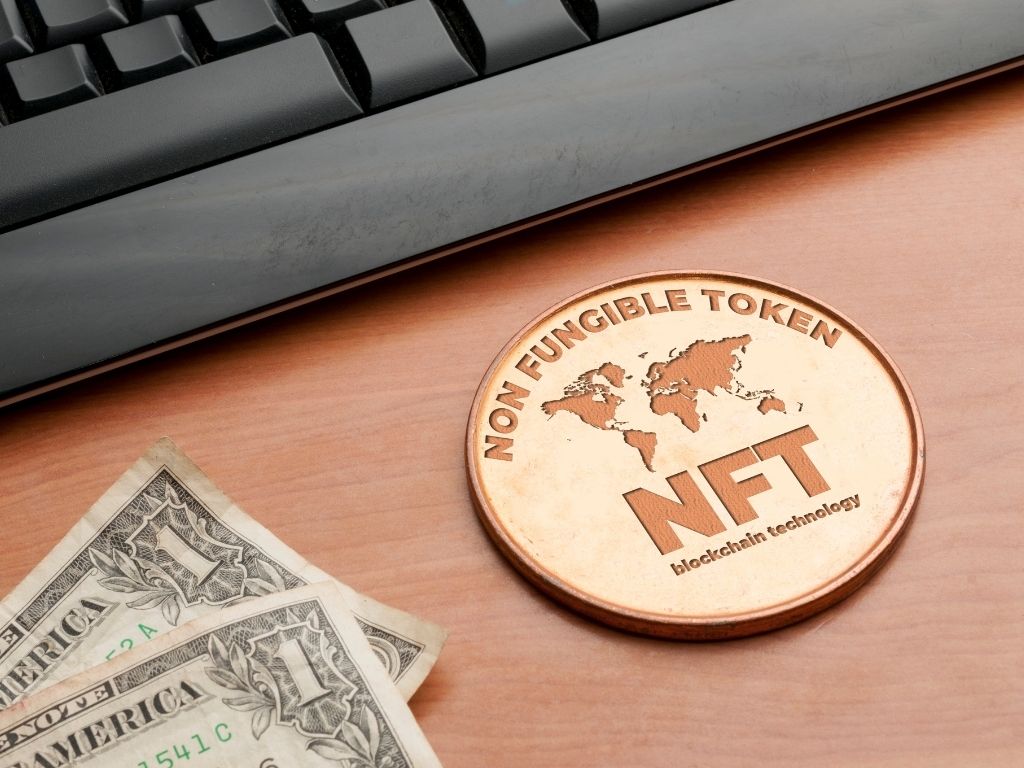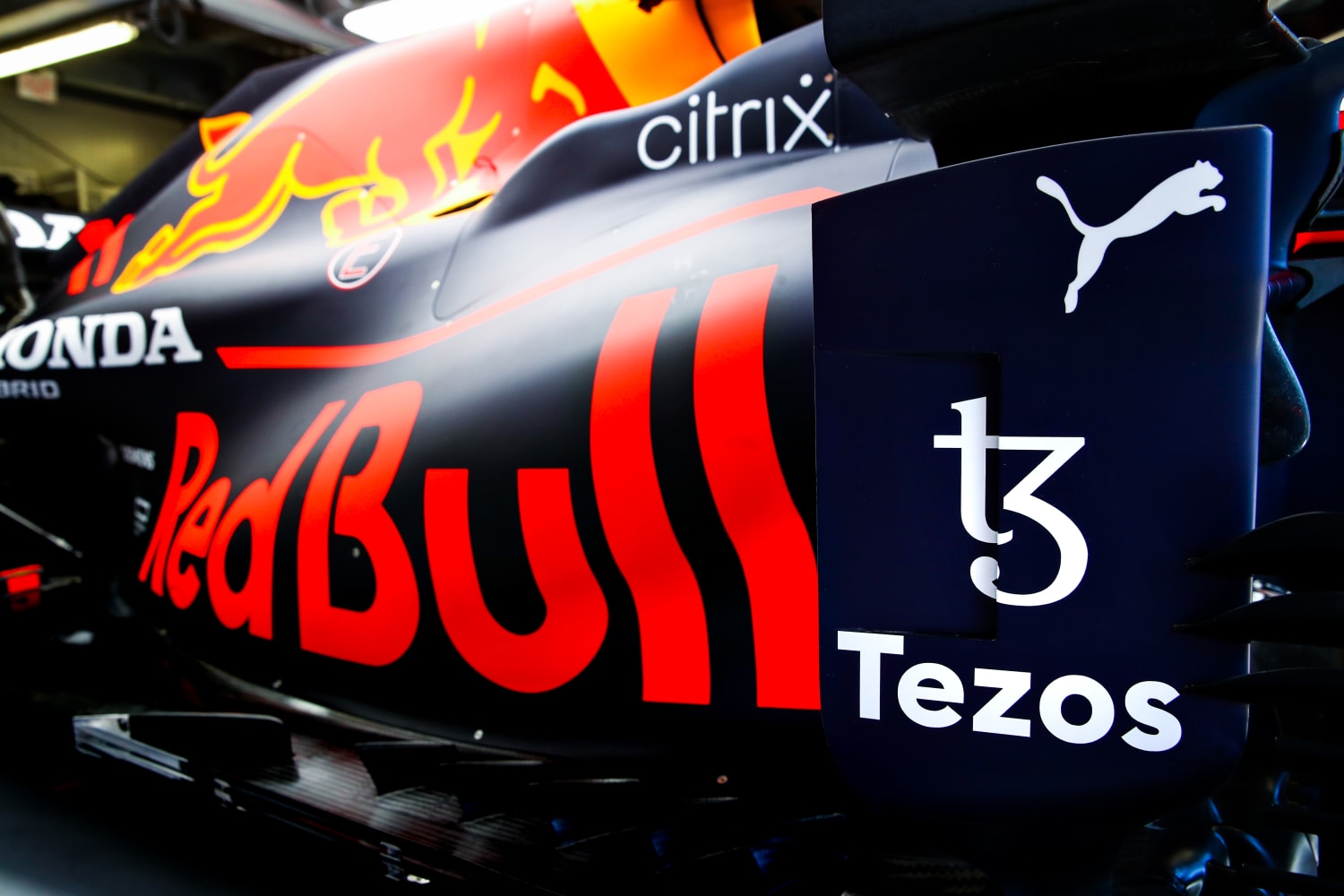PayPal’s PYUSD on Solana: A Step Forward for Privacy-Conscious Transactions?
On May 29th, 2024, payments giant PayPal announced a significant development in the cryptocurrency space. Their existing stablecoin, PYUSD (pegged to the US dollar), has been deployed on the Solana blockchain in addition to its previous presence on Ethereum. This move brings several potential benefits, but the most intriguing new feature is undoubtedly “confidential transfers.”
What are Confidential Transfers?
Traditional cryptocurrency transactions, like those on Bitcoin or Ethereum, are completely transparent. Anyone can see the sender, receiver, and amount involved in each transfer on a public ledger. While this transparency offers benefits like security and immutability, it can also be a privacy concern for some users.
Confidential transfers aim to address this concern. This technology allows the transfer amount to be hidden from the public ledger while still being visible to relevant parties, such as regulators and the involved institutions (like PayPal in this case). This offers a balance between privacy and accountability.
Why is this PayPal adoption a Game Changer?
While confidential transactions have been a topic of discussion in the Bitcoin community for years, they haven’t been implemented on a large scale. PayPal’s adoption of this feature on Solana marks a significant step forward. Here’s why:
- Increased Adoption: A major player like PayPal entering the confidential transfer space lends legitimacy to the concept and could accelerate its adoption in the broader cryptocurrency ecosystem.
- Privacy for Consumers: Consumers who are concerned about their spending habits being exposed on a public blockchain can benefit from this feature. For example, someone buying a gift online might prefer the amount to be hidden from the recipient.
- Regulatory Compliance: Regulators often require financial institutions to track transactions for anti-money laundering (AML) and know-your-customer (KYC) purposes. Confidential transfers can ensure compliance while still offering some privacy to users.
Solana’s Role
PayPal’s choice of Solana for deploying PYUSD with confidential transfers is also noteworthy. Solana is known for its faster transaction speeds and lower fees compared to Ethereum. Additionally, Solana offers native support for confidential transfers, making it a natural fit for PayPal’s purposes.
Are there any Concerns?
While confidential transfers offer advantages, some potential drawbacks need to be considered:
- Complexity: The technology behind confidential transfers can be complex, and there’s a risk of bugs or vulnerabilities being exploited.
- Regulatory Uncertainty: Regulatory frameworks around confidential transactions are still evolving. How these regulations will play out in the long run remains to be seen.
- Limited Adoption: Since confidential transfers are a relatively new feature, their wider adoption within the cryptocurrency ecosystem might take time.
Also, read – ENS Seeks Escape Velocity: Ethereum Name Service Eyes L2 for Scalability and Lower Fees
The Future of Confidential Transactions
PayPal’s move with PYUSD on Solana is a significant development with the potential to reshape how people interact with cryptocurrencies. Whether confidential transfers become mainstream depends on how they address the concerns mentioned above. Nevertheless, this innovation paves the way for a future where crypto transactions offer a balance between privacy and accountability, potentially attracting a wider range of users.
It’s important to note that this is a rapidly evolving space. As regulations and technology develop, the landscape of confidential transactions could change significantly in the coming years.
Stay informed with daily updates from Blockchain Magazine on Google News. Click here to follow us and mark as favorite: [Blockchain Magazine on Google News].
Get Blockchain Insights In Inbox
Stay ahead of the curve with expert analysis and market updates.
latest from tech
Disclaimer: Any post shared by a third-party agency are sponsored and Blockchain Magazine has no views on any such posts. The views and opinions expressed in this post are those of the clients and do not necessarily reflect the official policy or position of Blockchain Magazine. The information provided in this post is for informational purposes only and should not be considered as financial, investment, or professional advice. Blockchain Magazine does not endorse or promote any specific products, services, or companies mentioned in this posts. Readers are encouraged to conduct their own research and consult with a qualified professional before making any financial decisions.

 Bitcoin
Bitcoin  Ethereum
Ethereum  Tether
Tether  XRP
XRP  Solana
Solana  Dogecoin
Dogecoin  USDC
USDC  Lido Staked Ether
Lido Staked Ether  Cardano
Cardano  TRON
TRON  Avalanche
Avalanche  Chainlink
Chainlink  Toncoin
Toncoin  Wrapped stETH
Wrapped stETH  Shiba Inu
Shiba Inu  Sui
Sui  Wrapped Bitcoin
Wrapped Bitcoin  Hedera
Hedera  Stellar
Stellar  Polkadot
Polkadot  WETH
WETH  Hyperliquid
Hyperliquid  Bitcoin Cash
Bitcoin Cash  LEO Token
LEO Token  Uniswap
Uniswap  Litecoin
Litecoin  Pepe
Pepe  Wrapped eETH
Wrapped eETH  NEAR Protocol
NEAR Protocol  Ethena USDe
Ethena USDe  Aave
Aave  USDS
USDS  Internet Computer
Internet Computer  Aptos
Aptos  POL (ex-MATIC)
POL (ex-MATIC)  Cronos
Cronos  Mantle
Mantle  Ethereum Classic
Ethereum Classic  Render
Render  Bittensor
Bittensor  WhiteBIT Coin
WhiteBIT Coin  Monero
Monero  MANTRA
MANTRA  Artificial Superintelligence Alliance
Artificial Superintelligence Alliance  Dai
Dai  Arbitrum
Arbitrum  Filecoin
Filecoin 



